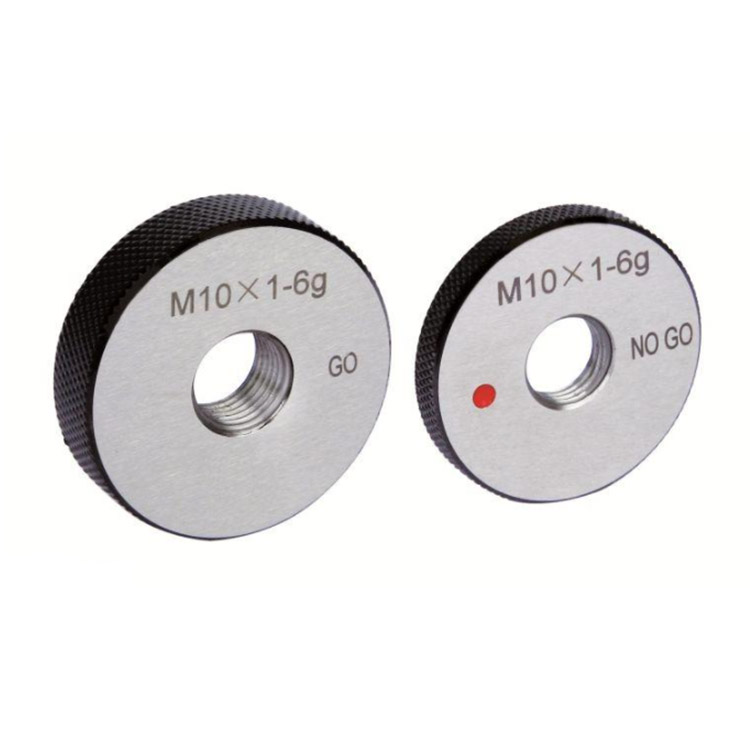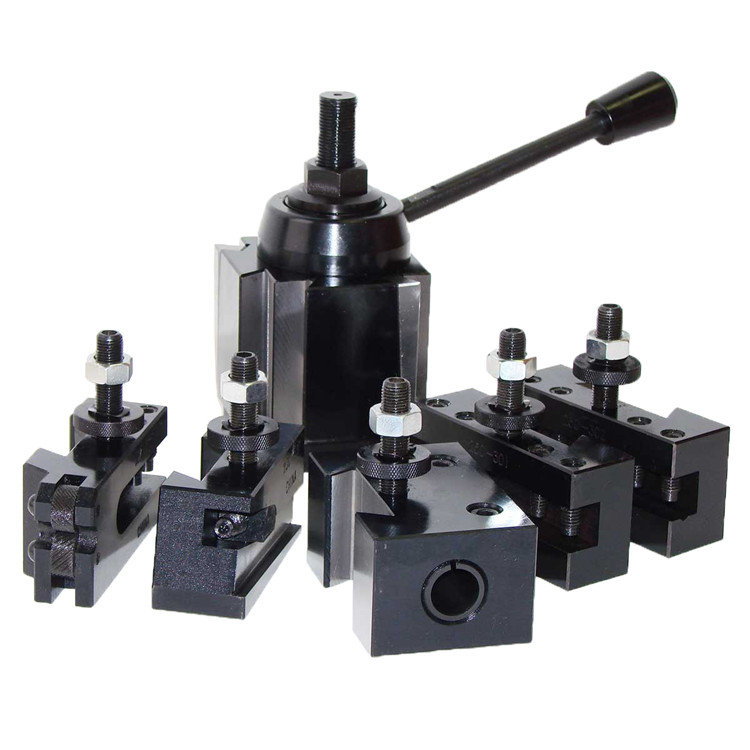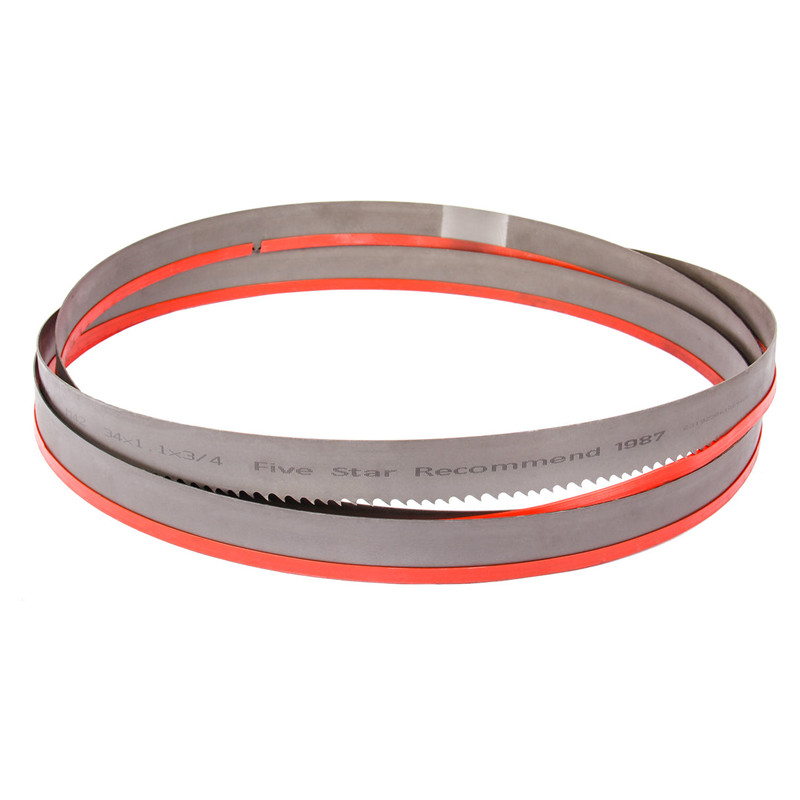Keyway Broach Factory
A keyway broach is a precision cutting tool used to create keyways, which are slots or grooves in a bore or hub that accept a key to connect a rotating machine element to a shaft. This guide provides an in-depth look at keyway broach types, applications, materials, maintenance, and selecting the right keyway broach factory, ensuring you make informed decisions for your machining needs.
Understanding Keyway Broaches
Keyway broaches are essential tools in manufacturing and machining, enabling the creation of precise keyways for secure and reliable power transmission. They come in various types, each designed for specific applications and materials.
Types of Keyway Broaches
Several types of keyway broaches cater to different needs:
- Push Broaches: Used with an arbor press or similar machine, push broaches are ideal for short keyways and smaller production runs.
- Pull Broaches: These broaches are pulled through the workpiece using a broaching machine and are suitable for longer keyways and higher production volumes.
- Solid Broaches: Constructed from a single piece of material, solid broaches offer rigidity and precision for demanding applications.
- Modular Broaches: These broaches consist of multiple sections that can be interchanged or replaced, providing flexibility and cost-effectiveness.
Applications of Keyway Broaches
Keyway broaches are used across a wide range of industries, including:
- Automotive: Creating keyways in gears, pulleys, and other drivetrain components.
- Aerospace: Machining keyways in critical engine and airframe parts.
- Manufacturing: Producing keyways in various machine components for power transmission.
- General Machining: Fabricating custom keyways for specific applications.
Materials and Manufacturing Processes
The quality of a keyway broach depends on the materials used and the manufacturing processes employed. High-quality materials and precise manufacturing ensure durability, accuracy, and longevity.
Common Broach Materials
The most common materials for keyway broaches include:
- High-Speed Steel (HSS): Offers excellent wear resistance and toughness, suitable for a wide range of materials.
- Powdered Metal (PM) High-Speed Steel: Provides superior wear resistance and cutting performance compared to conventional HSS.
- Carbide: Offers exceptional hardness and wear resistance, ideal for machining hard materials.
Manufacturing Processes
Key manufacturing processes for keyway broaches include:
- Grinding: Precision grinding ensures the accuracy and surface finish of the broach teeth.
- Heat Treatment: Heat treatment enhances the hardness and wear resistance of the broach material.
- Coating: Coatings such as Titanium Nitride (TiN) or Titanium Aluminum Nitride (TiAlN) can further improve wear resistance and reduce friction.
Maintenance and Care
Proper maintenance is crucial for extending the life and performance of keyway broaches. Regular cleaning, lubrication, and sharpening can prevent premature wear and breakage.
Cleaning and Lubrication
After each use, clean the keyway broach thoroughly to remove chips and debris. Apply a high-quality cutting oil or lubricant to prevent corrosion and reduce friction during storage.
Sharpening
Dull broaches can produce inaccurate keyways and increase the risk of breakage. Sharpening should be performed by a qualified professional using specialized grinding equipment.
Storage
Store keyway broaches in a dry, protected environment to prevent corrosion and damage. Use dedicated storage racks or containers to keep broaches organized and prevent them from rubbing against each other.
Selecting a Keyway Broach Factory
Choosing the right keyway broach factory is essential for ensuring the quality, reliability, and performance of your tooling. Consider the following factors when making your selection:
Factors to Consider
- Experience and Expertise: Look for a keyway broach factory with a proven track record and extensive experience in manufacturing high-quality broaches.
- Quality Control: Ensure the factory has robust quality control processes in place to guarantee the accuracy and consistency of their products.
- Material Selection: Verify that the factory uses high-quality materials and employs appropriate heat treatment and coating processes.
- Customization Options: If you require custom keyway broaches, choose a factory that offers design and manufacturing services to meet your specific needs.
- Customer Support: Select a factory that provides excellent customer support and technical assistance.
- Pricing and Lead Time: Compare pricing and lead times from different factories to find the best value for your money.
Evaluating Potential Suppliers
When evaluating potential keyway broach factory suppliers, consider the following:
- Request Samples: Obtain samples of their broaches to assess the quality and accuracy firsthand.
- Visit the Facility: If possible, visit the factory to observe their manufacturing processes and quality control procedures.
- Check References: Contact previous customers to inquire about their experience with the factory.
- Review Certifications: Check for certifications such as ISO 9001, which demonstrates a commitment to quality management.
Wayleading Tools: Your Partner in Precision Machining
At Wayleading Tools, we understand the importance of high-quality tooling for precision machining. We offer a comprehensive range of cutting tools, including keyway broaches, designed to meet the demanding needs of modern manufacturing. With years of experience and a commitment to excellence, we are your trusted partner for all your machining needs. We focus on creating cutting tools that stand the test of time. Our precision and attention to detail ensures quality production, making your investment worthwhile.
Cost Considerations
The cost of a keyway broach can vary widely depending on the type, size, material, and manufacturer. Understanding the factors that influence cost can help you make informed purchasing decisions.
Factors Affecting Cost
- Material: Carbide broaches are generally more expensive than HSS broaches due to the higher cost of the material.
- Size and Complexity: Larger and more complex broaches require more material and manufacturing time, resulting in higher costs.
- Customization: Custom-designed broaches typically cost more than standard off-the-shelf options.
- Quantity: Purchasing in bulk can often result in lower per-unit costs.
Cost-Saving Strategies
Consider the following strategies to minimize the cost of keyway broaches:
- Standardization: Use standard broach sizes and designs whenever possible to avoid the need for custom tooling.
- Proper Maintenance: Extend the life of your broaches through regular cleaning, lubrication, and sharpening.
- Strategic Sourcing: Compare pricing from multiple suppliers to find the best value for your money.
Troubleshooting Common Problems
Even with proper care and maintenance, keyway broaches can sometimes experience problems. Understanding common issues and their solutions can help you minimize downtime and maintain productivity.
Common Issues and Solutions
- Broach Breakage: This can be caused by excessive force, dull broaches, or improper alignment. Ensure proper machine setup and use sharp broaches.
- Inaccurate Keyways: This can result from worn broaches, incorrect cutting speeds, or improper lubrication. Check broach condition, adjust cutting parameters, and ensure adequate lubrication.
- Poor Surface Finish: This can be caused by dull broaches, excessive cutting speeds, or insufficient lubrication. Sharpen or replace dull broaches, reduce cutting speeds, and increase lubrication.
The Future of Keyway Broaching
The field of keyway broaching continues to evolve with advancements in materials, manufacturing processes, and machine technology. Staying informed about these developments can help you stay ahead of the curve and optimize your machining operations.
Emerging Trends
- Advanced Materials: New materials such as PM HSS and advanced carbide grades are offering improved wear resistance and cutting performance.
- Precision Grinding: Advancements in grinding technology are enabling the creation of more precise and complex broach geometries.
- Automation: Automated broaching machines are increasing productivity and reducing labor costs.
Conclusion
Keyway broaches are essential tools for creating precise keyways in a wide range of applications. By understanding the different types of broaches, materials, manufacturing processes, maintenance procedures, and factors to consider when selecting a keyway broach factory, you can ensure the quality, reliability, and performance of your tooling. Wayleading Tools are here to help you find the perfect solution for your specific requirements, contact us today via www.wayleading.com to learn more.
Related products
Related products
Best selling products
Best selling products-
 MT/R8 Shank Quick Change Tapping Chuck With MT & R8 Shank
MT/R8 Shank Quick Change Tapping Chuck With MT & R8 Shank -
 HSS Threading Taps – ISO 529, Straight Flute, Spiral Flute & Spiral Point
HSS Threading Taps – ISO 529, Straight Flute, Spiral Flute & Spiral Point -
 Metric Thread Ring Gauge 6g Accuracy With Go & NO Go
Metric Thread Ring Gauge 6g Accuracy With Go & NO Go -
 APKT Milling Insert For Indexable Milling Cutter
APKT Milling Insert For Indexable Milling Cutter -
 Boring Head Shank For Boring Head With Industrial Type
Boring Head Shank For Boring Head With Industrial Type -
 Precision Outside Micrometer With digit Counter Of Inch & Metric With Rachet Stop
Precision Outside Micrometer With digit Counter Of Inch & Metric With Rachet Stop -
 Wedge Type Quick Change Tool Post Set In lathe Machine
Wedge Type Quick Change Tool Post Set In lathe Machine -
 HSS DP Involute Gear Cutters With PA20 And PA14-1/2
HSS DP Involute Gear Cutters With PA20 And PA14-1/2 -
 Precision V Block Set With High Quality Type
Precision V Block Set With High Quality Type -
 M51 Bi-Metal Bandsaw Blades For Industrial Type
M51 Bi-Metal Bandsaw Blades For Industrial Type -
 Digital Depth Gauge With Stainless Steel For Industrial Type
Digital Depth Gauge With Stainless Steel For Industrial Type -
 Type A Cylinder Tungsten Carbide Rotary Burr
Type A Cylinder Tungsten Carbide Rotary Burr
Related search
Related search- 7pcs toolholder set Manufacturers
- lathe tools Manufacturers
- High-Quality iso metric full profile threading insert
- iso metric full profile threading insert Factory
- Wholesale caliper gauge
- point micrometer Manufacturers
- Wholesale Tap Extractor
- counter bores Manufacturer
- DCGX insert
- morse taper holder Factories










